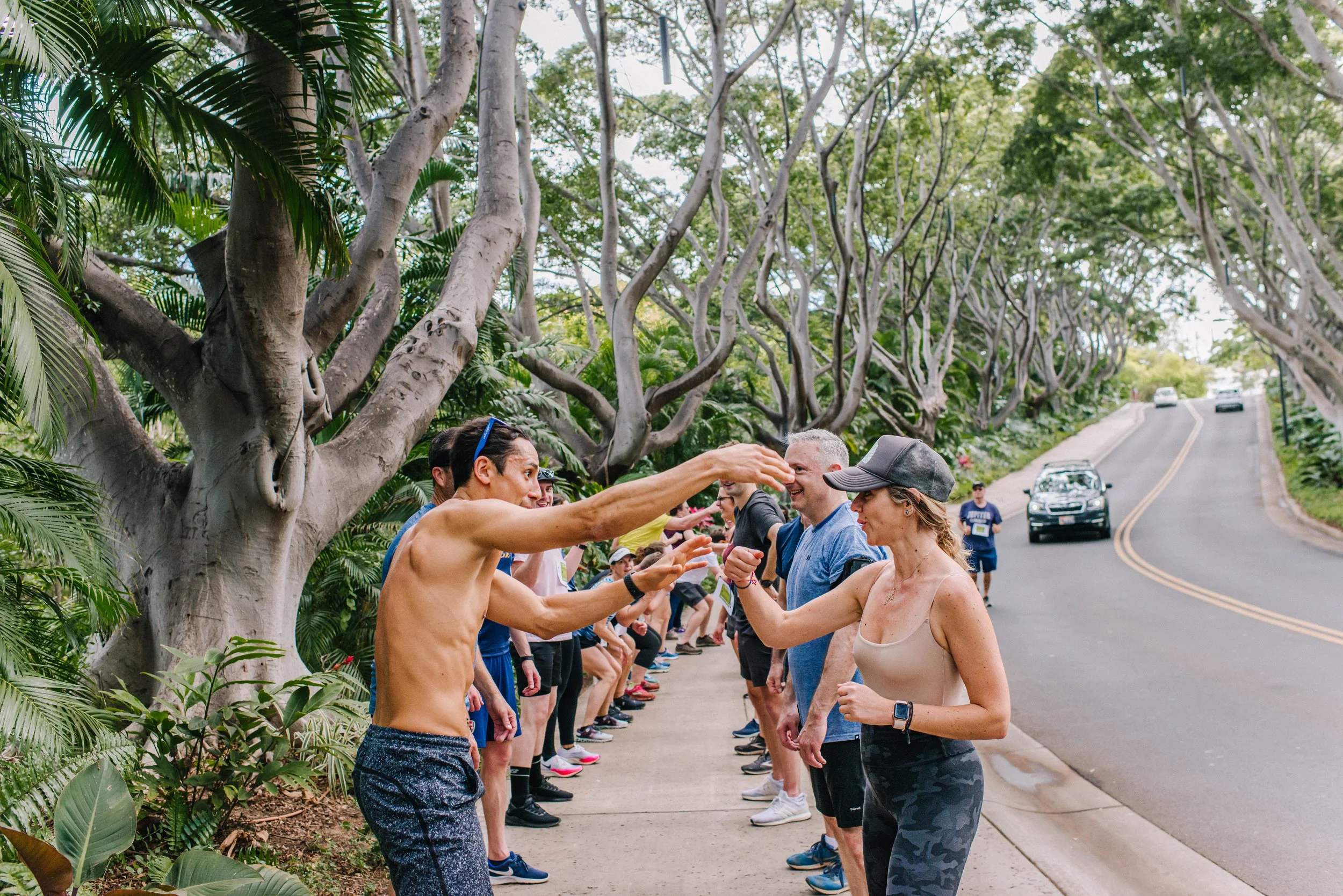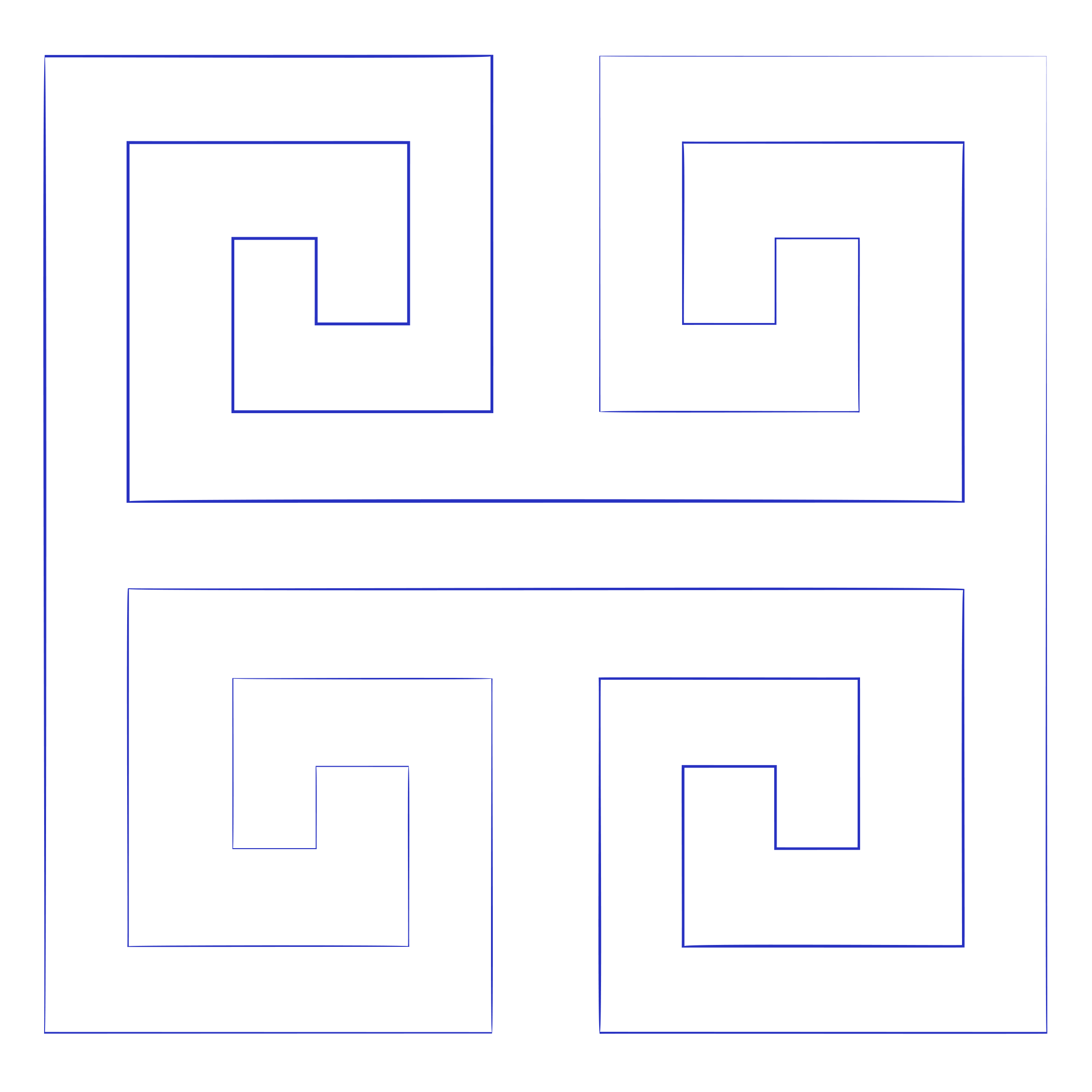OUR PHILOSOPHY
1. Mindfulness
Scientific benefit: Mindfulness has been shown to reduce stress, improve focus, and enhance learning and memory. Incorporating mindfulness practices, such as focused breathing or short meditation, helps attendees stay present and engaged throughout the event.
Example: Including a mindfulness session between meetings or providing spaces for reflection can improve concentration and reduce burnout, which leads to higher productivity and satisfaction.
2. Movement
Scientific benefit: Physical activity boosts brain function, enhancing learning, memory, and cognitive performance. Research has shown that even brief periods of movement, such as walking or stretching, increase blood flow to the brain, improving focus and retention.
Example: Organize "micro-movement" sessions or offer standing desks and walking breaks to keep attendees energized, reducing fatigue and increasing engagement.
3. Meals
Scientific benefit: Proper nutrition supports cognitive function, energy levels, and overall well-being. Foods rich in nutrients such as omega-3 fatty acids, antioxidants, and protein enhance brain performance and reduce mental fatigue.
Example: Providing a balanced, nutrient-dense meal (e.g., incorporating brain-boosting foods like fish, nuts, and berries) ensures that attendees stay mentally sharp throughout the event.
4. Meaning
Scientific benefit: Purpose-driven activities foster deep engagement and improve the overall event experience. Aligning event activities with a greater cause or personal growth fosters community and emotional well-being.
Example: Incorporating activities like team-building or volunteer opportunities enhances the sense of connection and purpose among attendees.
5. Gathering Space
Scientific benefit: The design of gathering spaces can influence mood, creativity, and interaction. Open, flexible environments with natural elements like plants and sunlight have been shown to reduce stress and foster collaboration.
Example: Using comfortable seating arrangements and designing meeting spaces with natural light or outdoor areas creates an atmosphere conducive to both productivity and relaxation.
6. Technology
Scientific benefit: Wearable devices and biomonitoring tools, such as fitness trackers, help individuals monitor health metrics like stress levels and activity, promoting healthier habits. They can be integrated into events to encourage movement and mindful breaks.
Example: Providing attendees with wearables that monitor steps or sleep quality during a multi-day event can encourage healthier behavior and prevent burnout.
7. Agenda Design
Scientific benefit: An agenda that incorporates breaks, movement, and varied session lengths increases attention and reduces cognitive overload. The structure of the agenda, such as breaking long sessions into shorter segments, keeps participants mentally fresh.
Example: Designing the event to include regular breaks for reflection, movement, and wellness activities can significantly enhance the attendee experience and boost retention.

















